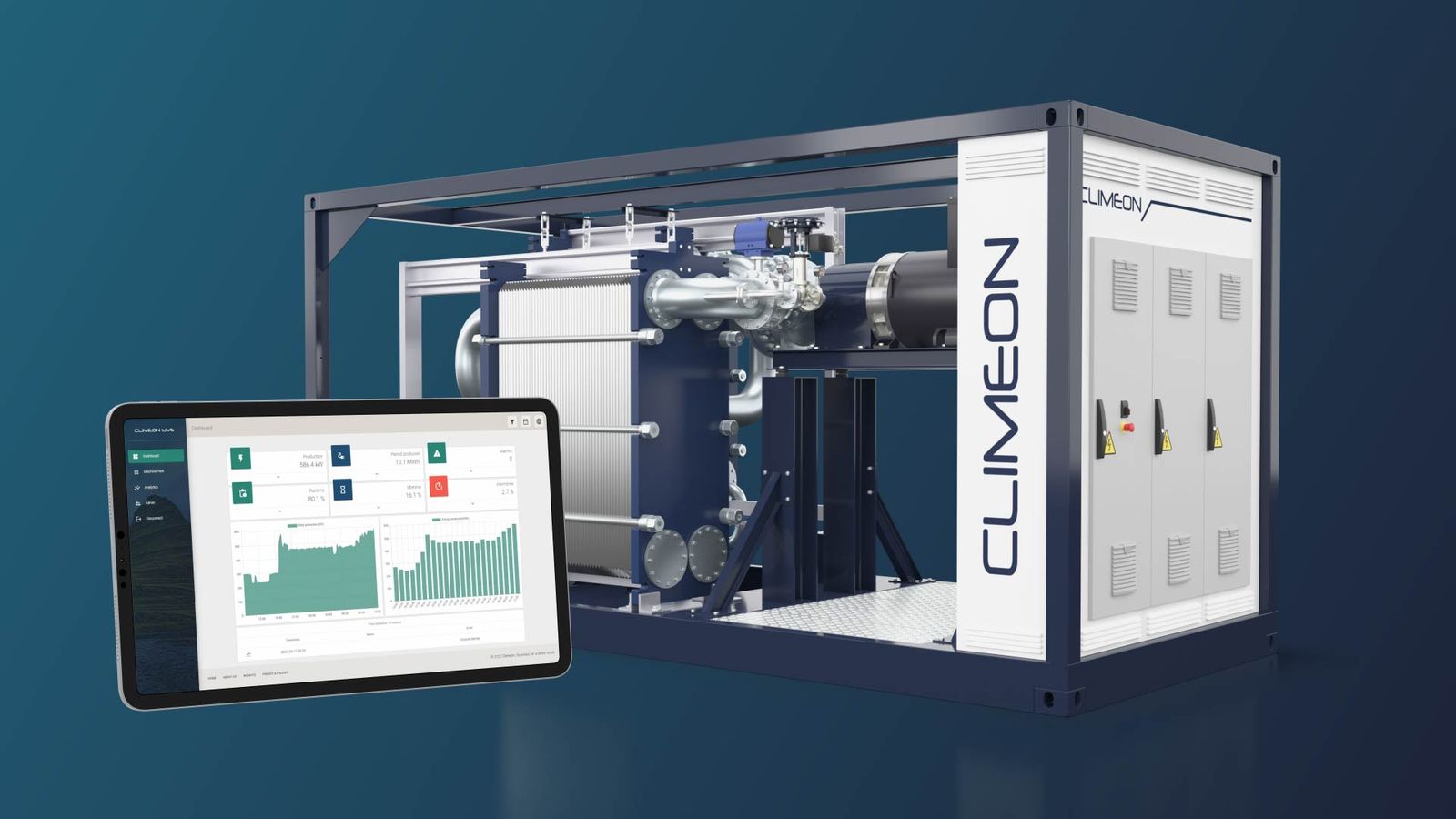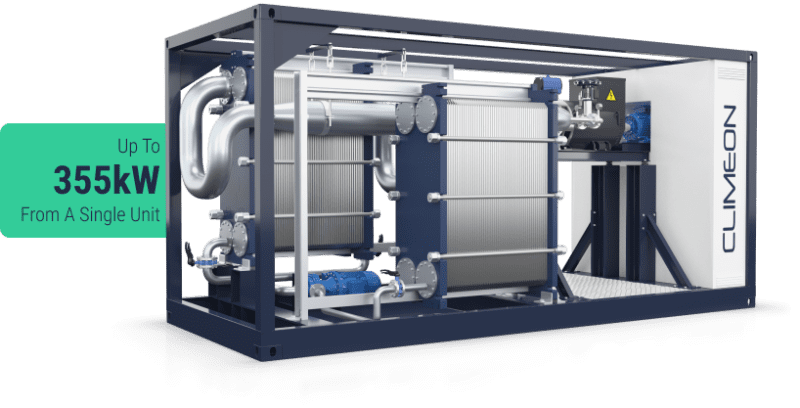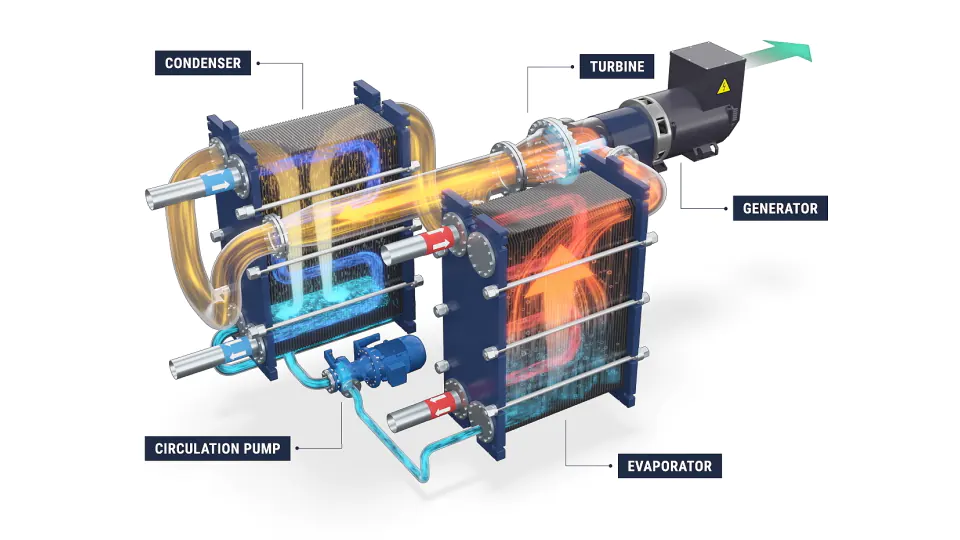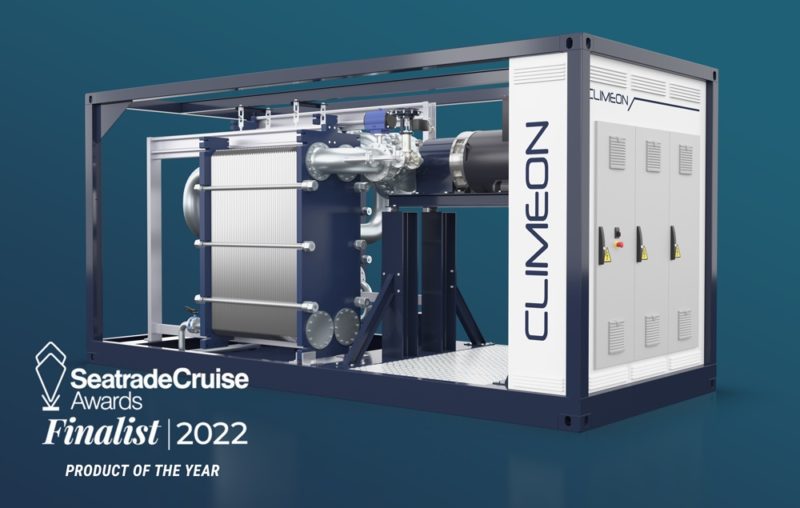How ROVs Are Transforming Offshore Oil & Gas
The oil and gas industry has always relied on innovation to explore further, drill deeper, and increase production. Today, one of the most transformative tools in offshore oil and gas...

Designed by marine engineers, Climeon’s latest waste heat recovery technology, HeatPower 300 Marine, is set to improve energy efficiency across the shipping industry. Converting onboard waste heat into clean, carbon-free electricity, HeatPower 300 Marine reduces CO2 emissions, cuts fuel consumption and enables shipowners to comply with increasingly stringent environmental regulations.
Capable of producing up to 355kW of carbon-free electricity from a single unit, HeatPower 300 Marine delivers enhanced performance and optimal energy output. Created for larger vessels with an engine size from 15MW and up, Climeon’s latest HeatPower product delivers superior economic and environmental benefits, alongside reduced payback times and streamlined installation.
Its modular, scalable and SOLAS-compliant design ensures maximum onboard waste heat can be repurposed into clean electricity. Up to three HeatPower 300 Marine units can be installed on a single vessel, depending on the available thermal energy, delivering up to 1MW of renewable power.

When carbon-free energy is produced on board, ships are less reliant on diesel-powered generators, which means less fuel is consumed by the vessel. HeatPower 300 Marine can reduce CO2 emissions and cut fuel consumption by up to 5%.Increasing a vessel’s energy efficiency with HeatPower 300 Marine can, therefore, improve EEDI/EEXI and CII ratings and enable shipowners to meet the increasingly stringent environmental regulations facing the industry.
“We are delighted to launch HeatPower 300 Marine at SMM 2022. As the maritime sector transitions towards a net-zero future, Climeon’s energy efficient technology enables shipowners to meet new industry standards and improve on board performance. Suitable for both new-build and retrofit applications, HeatPower 300 Marine can reduce emissions, cut fuel consumption and increase energy efficiency across entire fleets.”
Fredrik Thoren
Executive Vice President, Head of Marine, Climeon
While most waste heat recovery products rely on high-temp heat inputs, Climeon’s patented HeatPower technology uses low-temperature waste heat to generate renewable, carbon-free energy. As most of the heat produced on board ships is low temperature, this increases the availability of thermal energy and maximizes clean energy outputs.
HeatPower 300 Marine is designed to deliver optimal conversion efficiency rates at waste heat temperatures as low as 80-90 degrees C, which enables jacket and high-temperature (HT) cooling water to be used as the sole hot water heat source for the production of carbon-free power, thus simplifying the installation process and increasing the applicability of waste heat recovery throughout the maritime industry.

The Climeon HeatPower Control system monitors and manages onboard electricity production for optimal performance and can easily be integrated into a ship’s existing management system, meaning minimal on-site supervision is required. Its autonomous operation ensures that maximum thermal energy is utilized, with the system going into standby mode if no waste heat is available.
Additionally, the optional cloud-based Climeon Live system provides ship-to-shore data collection, real-time analysis, performance monitoring, fault diagnostics, rapid alerts for pre-emptive maintenance and finetunes running parameters for optimal energy production.

Already shortlisted as a Finalist for Product of the Year at the Seatrade Cruise Awards 2022, Climeon’s HeatPower technology heralds a new era in maritime waste heat recovery. As greater environmental regulation comes into force and shipping companies strive to become more sustainable, HeatPower 300 Marine ensures low-carbon shipping is accessible, cost effective and achievable.
Contact Climeon’s Marine Team to learn more about increasing onboard energy efficiency with Heat Power.

Sign up for gCaptain’s newsletter and never miss an update

Subscribe to gCaptain Daily and stay informed with the latest global maritime and offshore news
Essential news coupled with the finest maritime content sourced from across the globe.
Sign Up